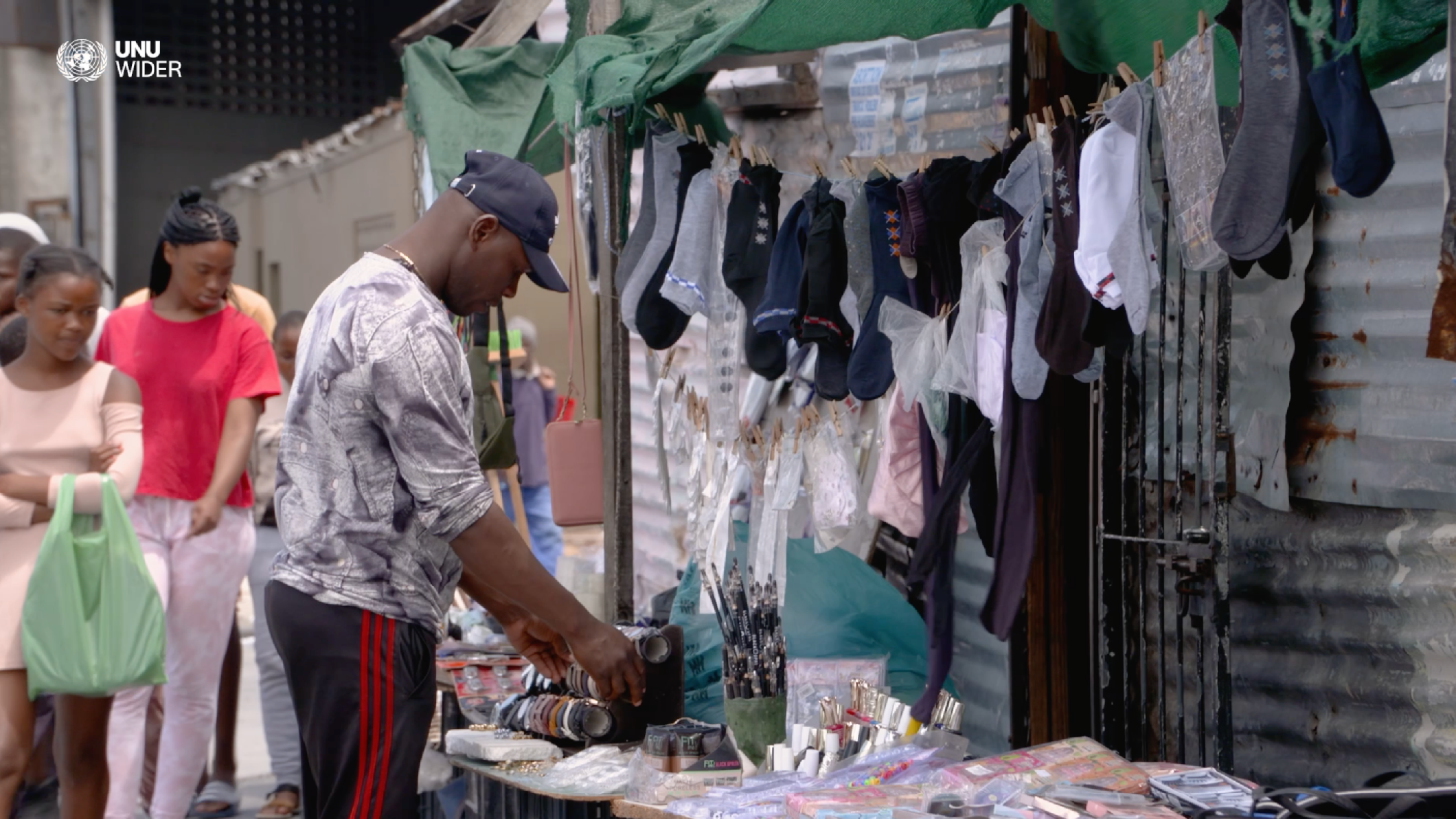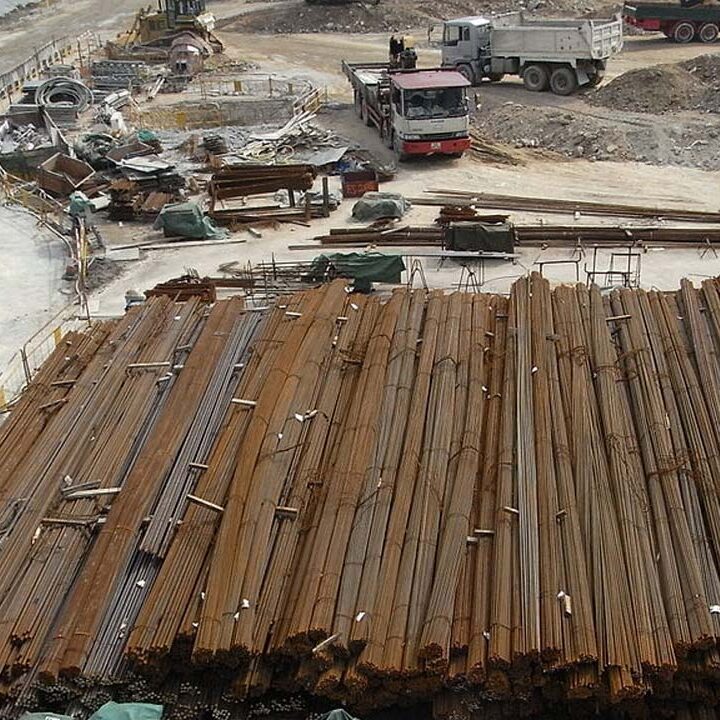The achievement of the SDGs—and SDG 8 in particular—requires economic activity to increase and often requires structural transformation. The process of structural transformation can take several forms—this affects the structure of the economy and the jobs available; it impacts who benefits from development and who gets left behind. This brings forth the developer’s dilemma, the concern that economic development inevitably leads to increased inequality. Where workers are situated on the job ladder, whether they are formal or informal workers, and whether there is opportunity to transition from informal to formal employment will also impact how much they will be able to benefit from the process of structural transformation. However, there are policy pathways that could support more equal and sustainable economic development.
This 6-week course provides an in-depth look at the latest UNU-WIDER research and shares insights that can support policymaking during the process of structural transformation.







